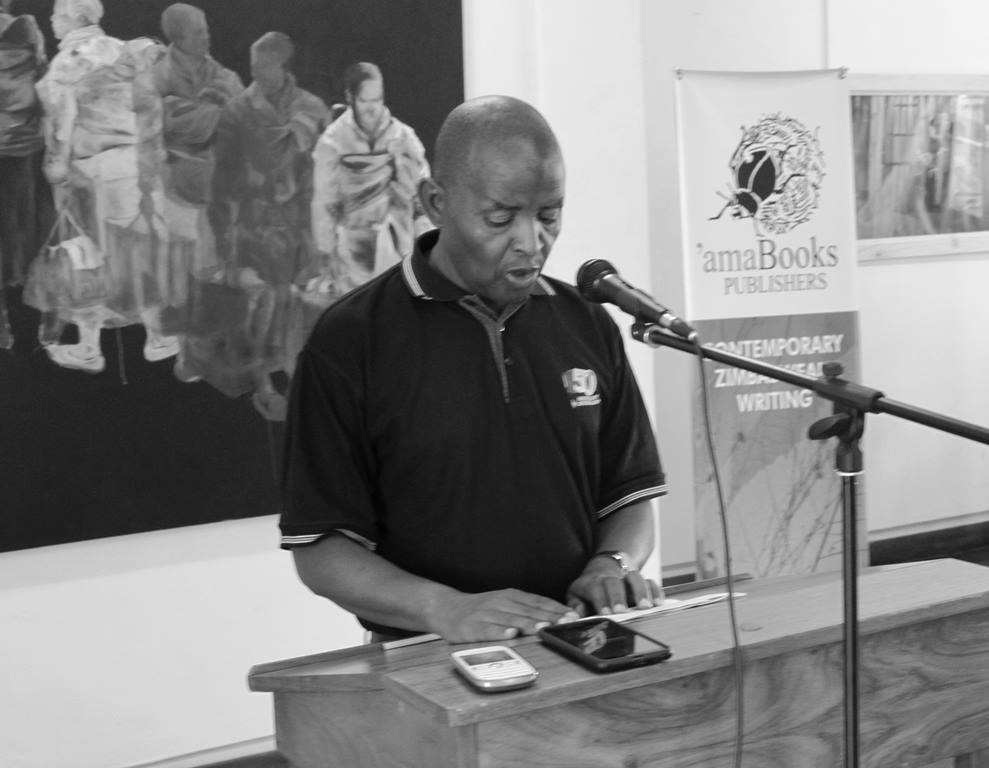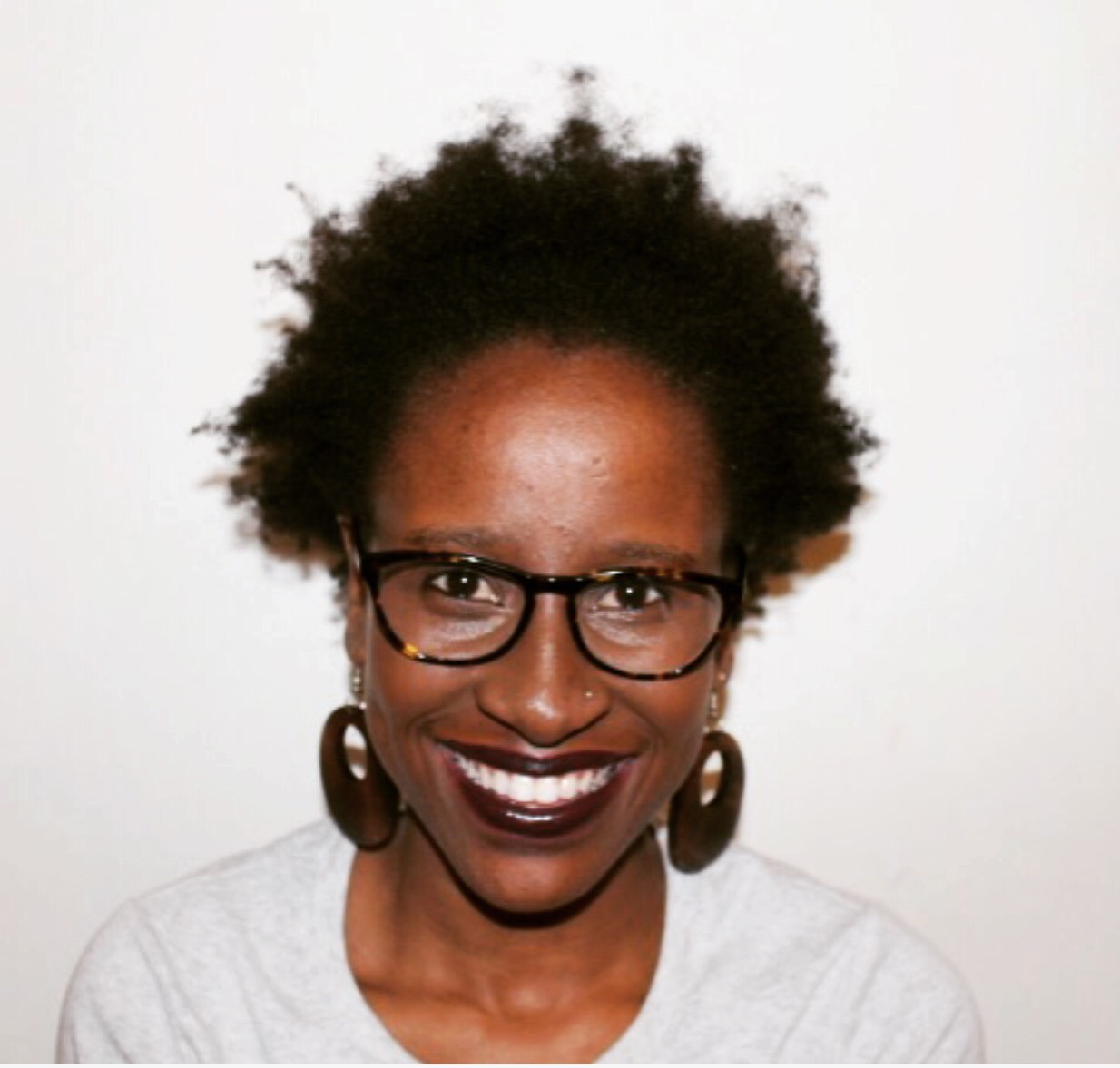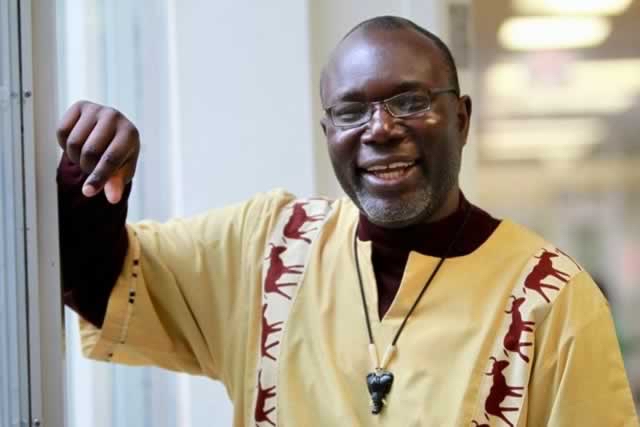TENDAI Huchu’s second novel The Maestro, The Magistrate & The Mathematician that was produced by ’amaBooks is set to be published outside the country later this year.
SHARON SIBINDI
OWN CORRESPONDENT, SOUTHERN EYE. February 13, 2015
The book is to be published in the West African countries of Nigeria and Cameroon and is set to be translated and published in Germany and Italy, while discussions with publishers in the United Kingdom, South Africa and Kenya are currently underway.
Huchu was in 2014 shortlisted for the Caine Prize for African Writing.
Speaking to Southern Eye Lifestyle, director of ’amaBooks Brian Jones said The Maestro, The Magistrate & The Mathematician was Huchu’s second book and its storyline was set in the Scottish city of Edinburgh, where the writer is presently based.
“What remains in common is Huchu’s inimitable humour,” said Jones.
“The Maestro, The Magistrate & The Mathematician is getting a good response from readers in this country and we have been very pleased with the interest in the book outside Zimbabwe.
“One of the publishers described the novel as ‘really impressive’, another as ‘funny, energetic, with great setting and great characters. It’s confident and unusual, in a good way’.”
Jones said Huchu was developing as a writer and ’amaBooks was particularly keen to make arrangements with publishers in other African countries so that their books could be published in those markets.
He said most of the issues addressed in Huchu’s book were common across the continent and the cost of distributing copies from Zimbabwe to other countries was prohibitive.
“The book is available now worldwide — both in print and e-book format — through the African Books Collective, Amazon and other websites, but being available in bookshops through local publishers in other countries certainly raises awareness of the book and the writer,” Jones said.
“There seems to be an interest across the world in good Zimbabwean writing.
“We at ’amaBooks are very grateful for the support given by the Culture Fund of Zimbabwe Trust, which made it possible for the book to be published.”
Jones said the novel had three strands, each telling the story of one of the three characters in the title of the book.
“The magistrate has moved to the UK with his wife and daughter, where he struggles to adjust to the very different society, especially as he cannot find an equivalent job to the one he held in Zimbabwe,” he explained.
“He worries as his teenage daughter begins to lose her ‘Zimbabweanness’, becoming more Scottish by the day.
“His character is cleverly juxtaposed with that of Alfonso Pfukuto, who appears to be the fool of the novel. The maestro works in a supermarket, but after work, he returns to his high-rise flat where he loses himself in the world of literature.
“The mathematician leads a carefree, hedonistic lifestyle with his Scottish girlfriend and Zimbabwean friends, while pursuing a doctorate exploring hyper-inflationary economics. Eventually, in the latter part of the novel, the universes of the three main characters collide.”
Jones said a review for the Royal African Society website by Philani Nyoni describes the book as “a universal and truly illuminating work”.
In addition, he said the cover design was impressive and followed the ’amaBooks tradition of using the work of local artists, on this occasion Know and Don’t Believe by Tafadzwa Gwetai.
“Other artists whose work has been used on ’amaBooks covers include Aubrey Bango, Anne Hutton, Jeanette Johnston, Helen Leiros, Owen Maseko, Gilmore Moyo, Arlington Muzondo, Dumisani Ndlovu, Charles Nkomo, Sindiso Nyoni, Voti Thebe and Sininisabo Tshuma,” he said.
http://www.southerneye.co.zw/2015/02/13/zimbabwean-novel-crosses-borders/




.jpg)




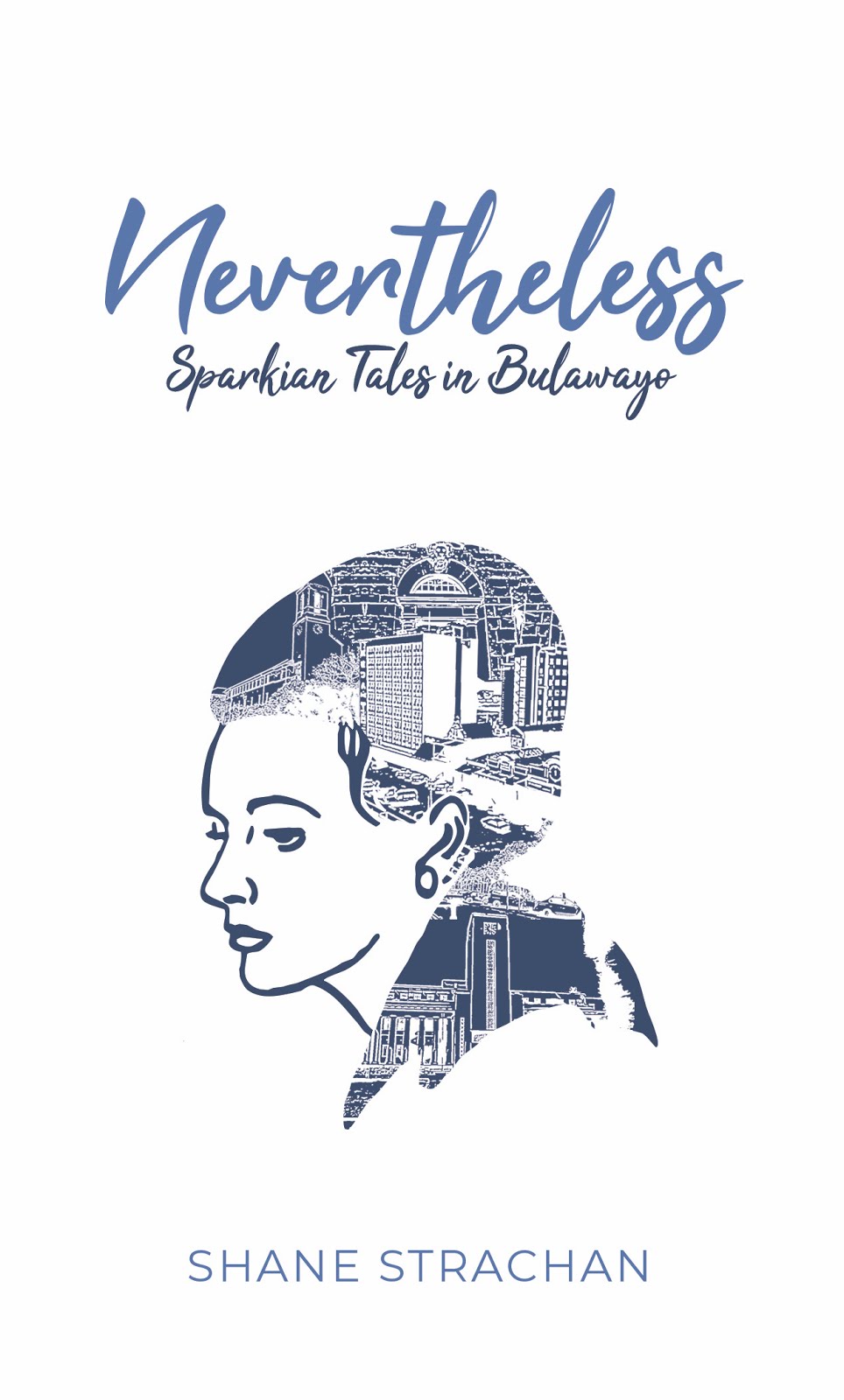





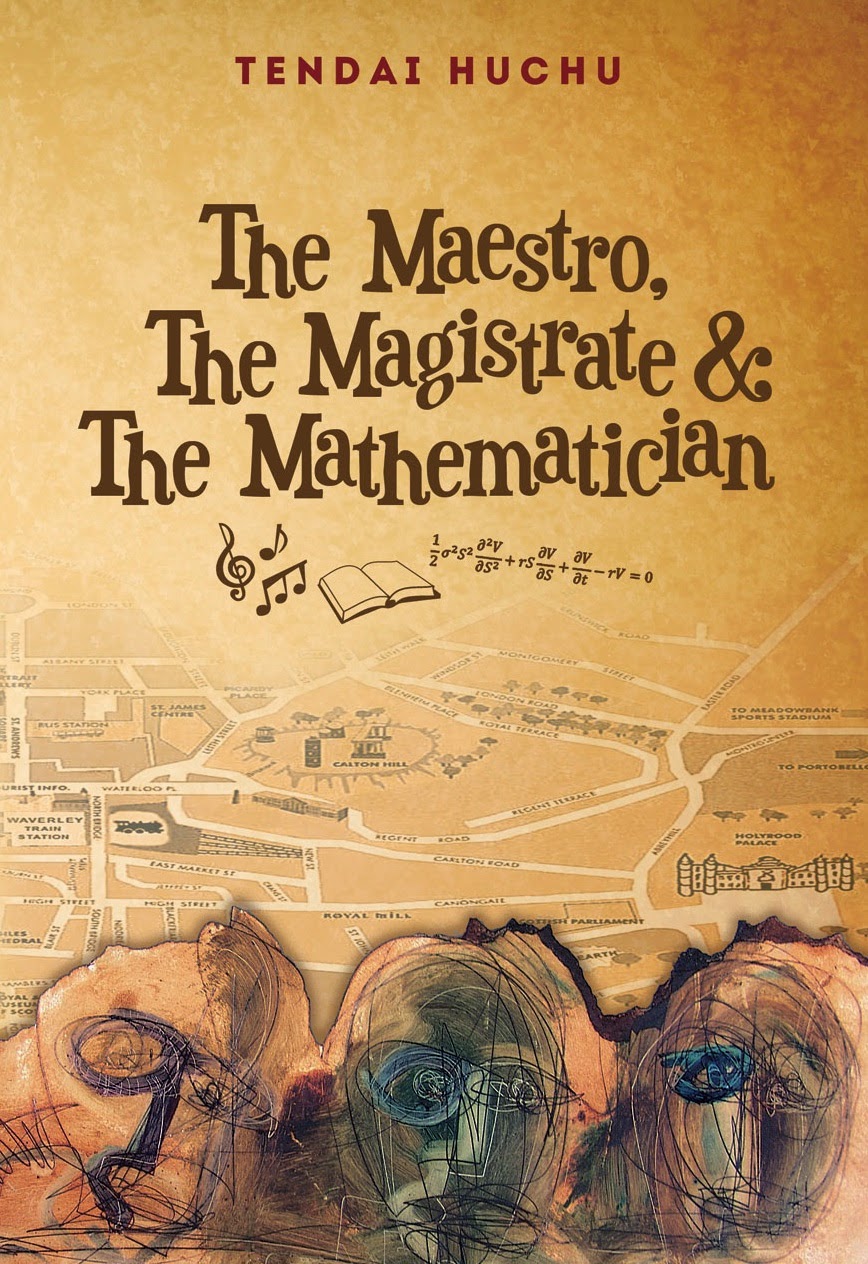
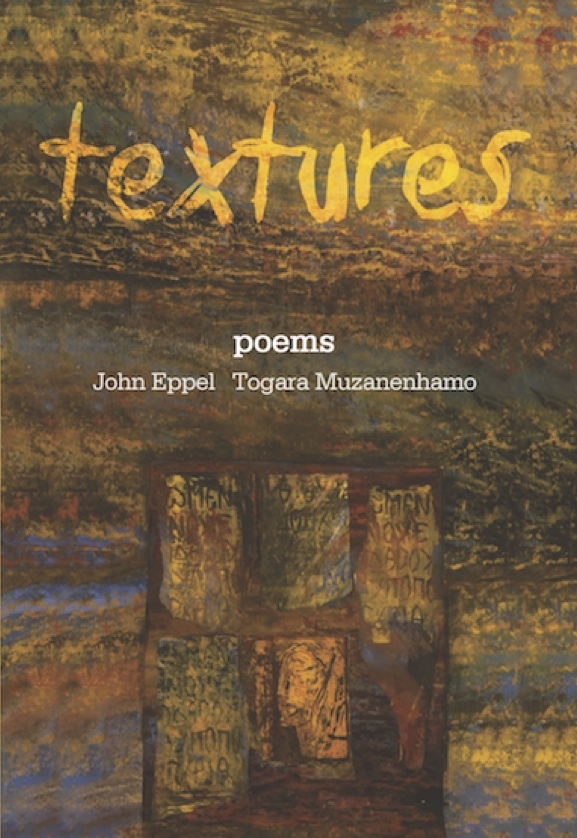
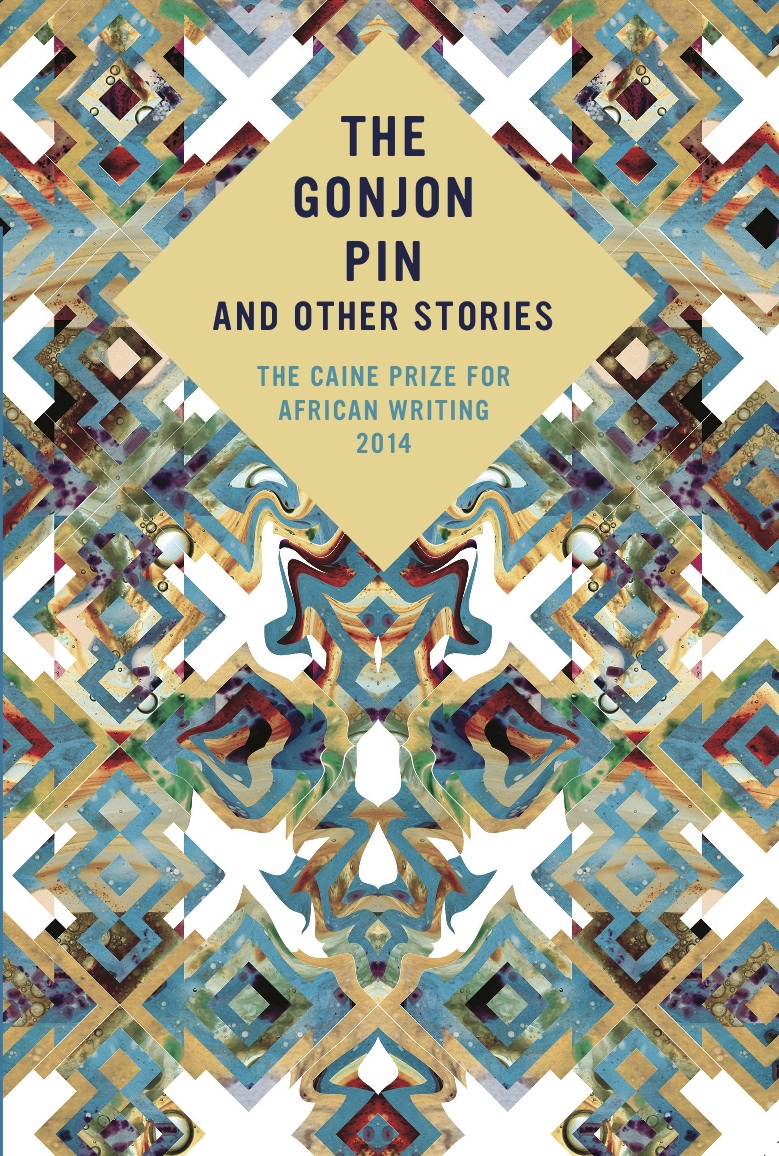
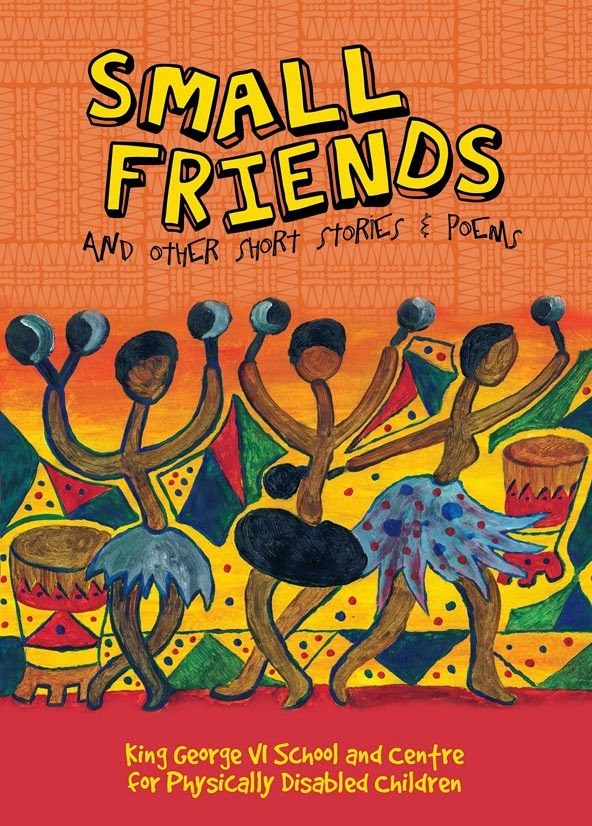
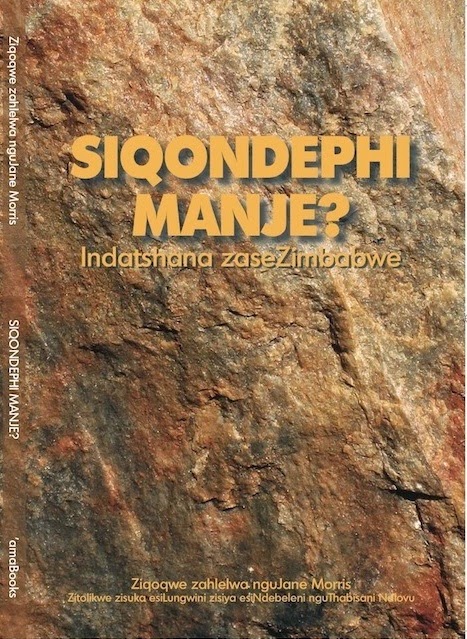
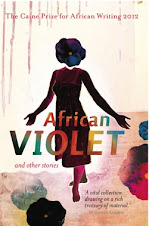

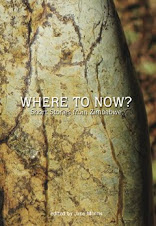
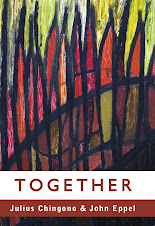
.jpg)

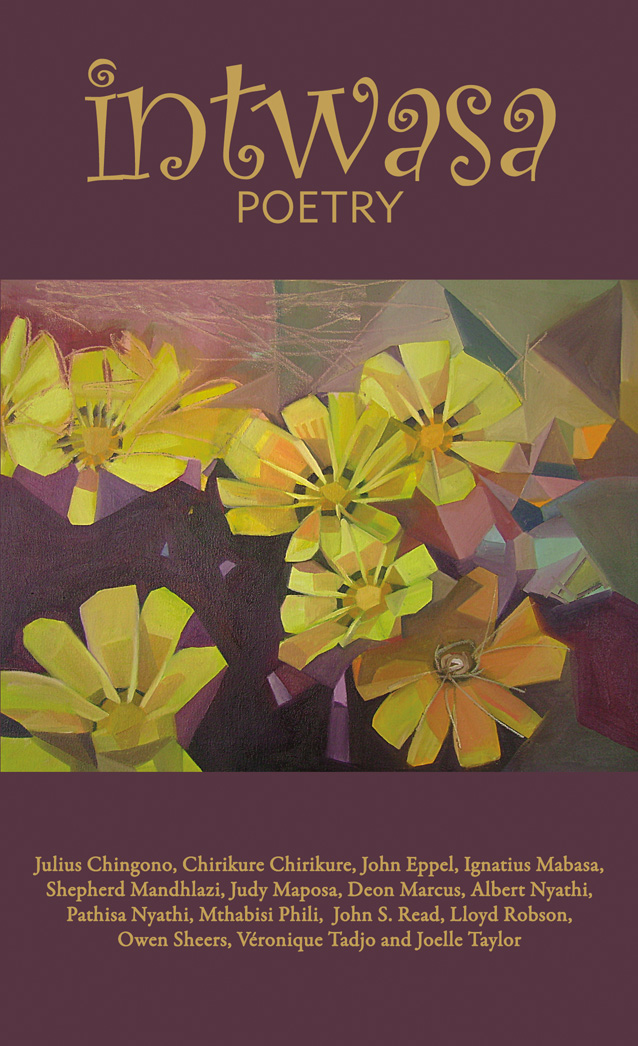


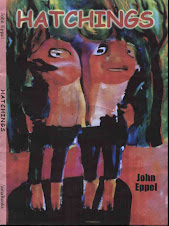













.jpg)











